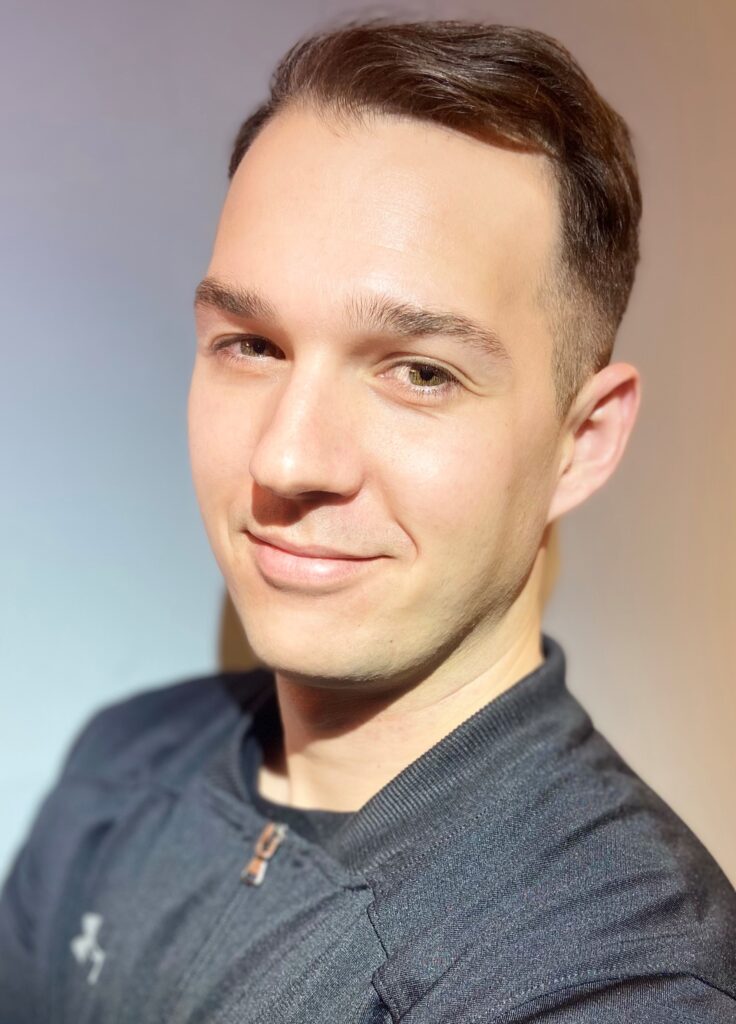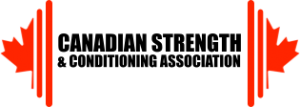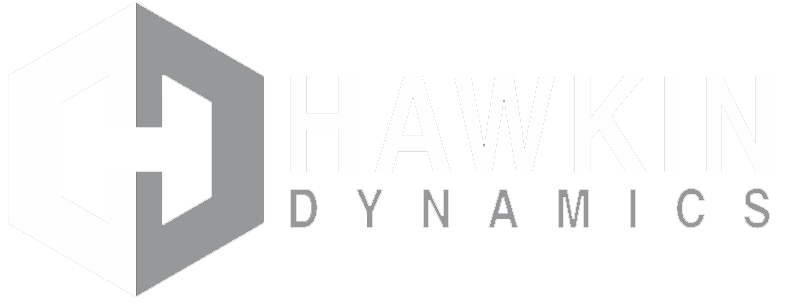To Specialize or Generalize as a Strength and Conditioning Coach?
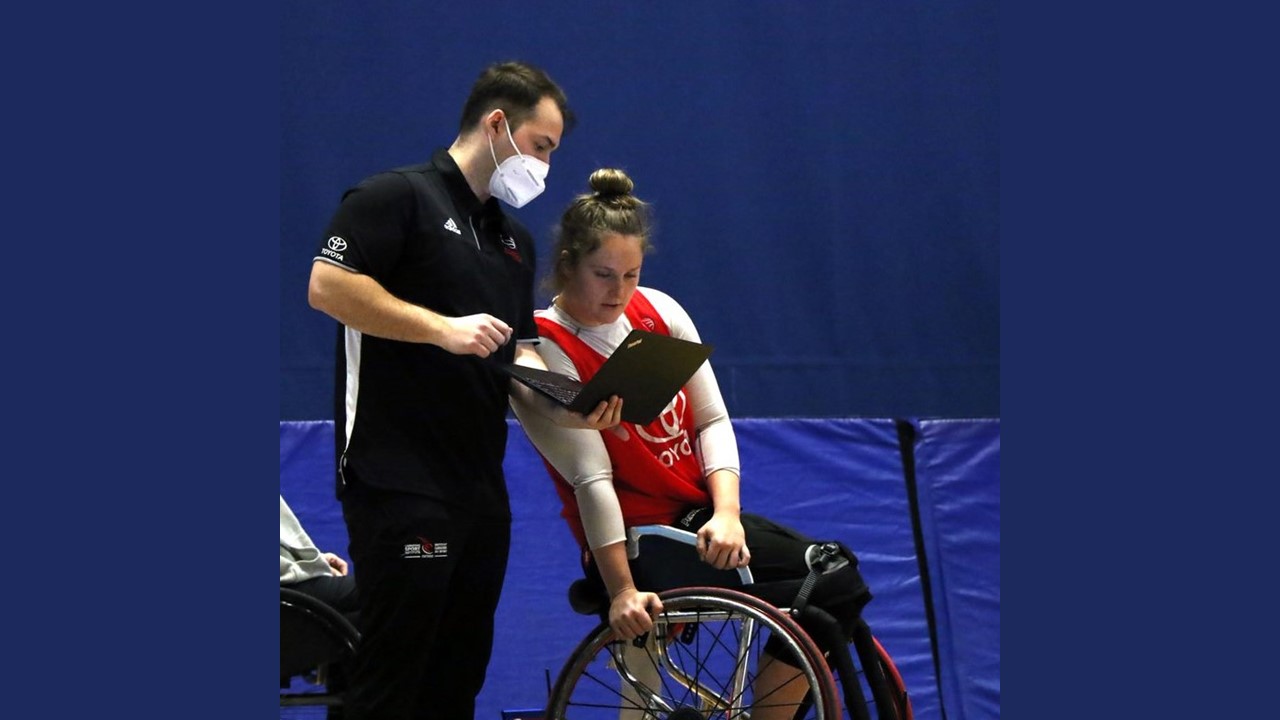
Introduction
The role of the strength and conditioning coach in Canada continues to evolve as there are more and more opportunities for coaches outside of the weight room. In the early days of strength and conditioning in Canada the strength and conditioning coach would be expected to provide services in sport science, strength training, conditioning, nutrition, therapies, and mental performance to name a few. However, with the emergence of more sport science disciplines (largely driven by academia and bigger sport budgets), the role of the strength and conditioning coach became confined to the weight room as practitioners further specialized in their respective domains. Recently, there have been more roles available in the industry for practitioners with multiple skill sets (or generalists), as the landscape for strength and conditioning coaches in Canada continues to grow and evolve. Sports have started to emphasize the importance of individuals being embedded within the daily training environment, who can help assist coaches in all domains of physical development and preparation. These practitioners ultimately have roles and responsibilities that fall under the broader umbrella of sports science and can cover multiple disciplines. In this article, I highlight my own strength and conditioning journey in Canada and some areas where a generalist approach may provide better performance solutions than being a specialist alone.
Generalists and Specialists in Strength and Conditioning
Generalists and specialists are loosely defined terms in the strength and conditioning community. A specialist can be defined as an individual with formal training in the field of strength and conditioning exclusively, while a generalist will have training in another domain outside of their primary discipline such as: physiology, nutrition, therapies etc. A specialist will have stronger ‘hands-on’ coaching skills in the weight room (due to greater accrued hours coaching athletes), while a generalist has spent time developing another competency area outside of the weight room. A generalist strength and conditioning professional may be able to provide two areas of service to a sports organization. For example, a strength and conditioning professional who is also a registered dietician can blend their two areas of expertise to help athletes improve body composition through training and nutrition counselling. A strength and conditioning coach who is also a certified athletic therapist can provide field coverage and help athletes return to play, while also developing strength programs to prevent injuries in their sport. In general, strength and conditioning coaches in Canada fall on a spectrum from specialist to generalist, and this can change as a practitioner acquires additional skills throughout their career working in sport.
Brief Academic and Strength and Conditioning Journey
In my own academic studies and my career as a practitioner, I have routinely bounced back-and-forth between the domains of strength and conditioning and exercise physiology. My formal training (like most in the field of strength and conditioning) started out with an undergraduate degree in kinesiology, where I was exposed to a multitude of different areas. The most influential courses I took in my undergraduate degree were integrative physiology of human performance and athletic training and conditioning. Prior to taking these two courses, I did not know what the options were to continue pursuing my interests. Ultimately, I decided that I wanted to become a strength and conditioning coach. At the time, those working in the field of strength and conditioning at universities and in professional sports all had master’s degrees, though there were few (if any) programs available that specialized in strength and conditioning. This led me to reaching out to Dr. Tom Hazell at Wilfrid Laurier University to pursue a master’s degree in applied exercise physiology.
While at Laurier, I was fortunate to be involved in many research projects. My master’s thesis focused on the mediating role of lactate in appetite suppression following high-intensity exercise. I also collaborated on many other projects investigating ideas such as: the impact on asymmetry in weight distribution during the deadlift and the effect of fasted vs fed sprint-interval training on post-exercise metabolism to name a few. I gained a plethora of skills such as: biochemical analysis, metabolic testing, venipuncture, equipment calibration, statistical analysis, data collection, scientific writing, and so on that have continued to help me throughout my career as a strength and conditioning coach and applied sport scientist. I wrote my Certified Strength and Conditioning Specialist (CSCS) certification through the National Strength and Conditioning Association (NSCA) and started working as a strength and conditioning coach, firstly as an intern within the athletic department and secondly, at a sports medicine clinic in the Kitchener/Waterloo area.
After graduating, I applied for a contract position in strength in conditioning at the Canadian Sport Institute Ontario (CSIO), but to my surprise I was asked to interview for a sport physiologist position instead. I was successful in gaining this position and provided ad-hoc sport testing service delivery across Ontario. In going through this process, I realised that if I wanted to be successful in strength and conditioning, I needed to gain more coaching experience. This led me to working at a private performance facility where I was able to become the head strength and conditioning coach and gain significant experience coaching athletes and individuals from a multitude of different backgrounds. This experience allowed me to gain an apprenticeship role at the CSIO working full-time as a strength and conditioning coach. Here I was able to gain mentorship from both senior strength and conditioning coaches and sport scientists with various roles and responsibilities in their sporting contexts. Most notably, I was able to gain significant mentorship from Ed McNeely who has been my greatest mentor in sport science. I continued to be able to work with provincial and national sport organizations providing strength and conditioning services, but also those in the areas of sport testing and physiology, due to my academic and applied background. I was able to blend my expertise in both areas to provide simplistic solutions for sports. This led me to my current role and position, working with a national sporting organization as a physical preparation specialist and sport scientist. My blended academic and professional experience has allowed me to thrive in this environment, and here I will share some evidence as to why a generalist approach can be helpful for the modern-day strength and conditioning coach.
The Ability to Integrate and ‘Talk Shop’
One the greatest reasons for a strength and conditioning coach to have a generalist approach is the ability to achieve substantial integration with other disciplines by ‘talking shop’. For example, in my current physical preparation role one of my key responsibilities is working with sport coaches on periodizing volumes and intensities of sport-training and conditioning throughout the year. A specialist’s way of thinking may be to design the ultimate physiological loading plan based on their knowledge on the fundamental tenets of exercise physiology and energy system development. This is a great approach, however a generalist may ask different questions. For example, a generalist might ask: What is the loading in the weight room during these periods and can we account for this? Do we need to do additional conditioning training with the athletes during this period or should we focus more on strength and hypertrophy? How can we adjust training throughout the year to maximize both building strength and having adequate sport-conditioning when we need it? How can we maximize adaptations if our athletes are coming from training straight to the weight room and what are the potential interference effects we need to be aware of? Having a secondary area of competency can help to build these connections and relationships with other practitioners. This can unlock the power of an integrate support team, as solutions can be achieved that are greater than the sum of their parts alone.
A generalist approach helps to build rapport with athletes and coaches, as they begin to see the ‘bigger picture’ and that there is purposeful thought put into all aspects of their training and performance plans. For example, we can use data and monitoring from the daily training environment to inform what we are doing in the weight room. In a simplistic and real-world example, imagine the physical team planned for a ‘light’ practice. This was because the athletes are currently in their off-season and the focus is more on strength development. However, the athlete’s ended up playing a small-sided game at the end of practice, and the data collected during training showed what would be considered a ‘heavy’ practice. The team and coaching staff are satisfied from an adaptation standpoint, but the group is now entering the weight room in a less than ideal state for the planned high-volume strength session. The physical preparation specialist or sport scientist can relay this information to the strength and conditioning coach, who can make the needed adjustments to the training session. Consistent communication and the use of the data collected in the daily training environment can help to inform the strength and conditioning coach on when to push on or let off the gas, to maximize adaptations both in the sporting and weight room environments. A generalist approach can allow the practitioner to see things from a wider perspective and understand that one training session is not going to make or break an athlete’s development. Rather, the accumulation of training load from conflicting demands could diminish the efficacy of training prescription. A non-generalist may be too focused on their own domain to see the ‘bigger picture’. This is where a generalist with multiple competency areas can help to put together the puzzle pieces in a dynamic sporting environment.

Improved Physical Testing and Monitoring
Having a generalist’s approach to physical testing and monitoring can greatly improve the impact of a strength and conditioning coach. Firstly, having a background in physiological testing, monitoring, data analysis, interpretation, and visualization are becoming necessary skills for the modern-day strength and conditioning coach. As strength and conditioning practitioners, it is important for us to be able to measure the impact of our work. A strength and conditioning coach who has developed these generalist skills (from a research or data background) can implement a sophisticated testing strategy to measure the impact of training and athletic improvement for sport coaches and sport organizations. Being able to showcase this work to coaches and stakeholders in data fluent and digestible ways, can help to increase the professionalism of the industry and highlight the impact that strength and conditioning coaches can have on physical and athletic development. These skills and competencies can also help to highlight the work that sport coaches are doing, ultimately helping them to improve their coaching practices and elevate sport programs to success.
A great specialist strength and conditioning coach includes some form of testing and monitoring in their programming but may not have some of these other skill sets and competencies that come from a research or academic background. For example, a specialist strength and conditioning coach has their athletes complete training logs that measure variables such as sets, reps, loads, and intensities. They also will include strength and/or power testing in the training year to adjust programming and track progress. However, a strength and conditioning coach with a greater breadth of knowledge in physiological testing can improve this tracking of change over time to enhance performance and development. For example, a generalist may have more experience with anthropometrics, laboratory, and field-based testing that can help to answer questions specific to athlete sport-conditioning and development. Further, they can use their analytical and data related skillset to detect whether these changes in performance are significant or worthwhile. This can include working with the coaching staff on creating or measuring skill development within the sporting context. A generalist can combine this information and provide reports to athletes and coaches. This contributes to their individualized performance plans and will reflect the athletes’ physical and technical profiles more than strength numbers can alone.
The generalist strength and conditioning coach can continue to apply their skillset to answer deeper questions around sport testing and monitoring such as: What is the minimum strength standard needed in this area for the athlete to excel in their sport? Can we create benchmarks of where athletes should be throughout their development in our program? How can we measure the effectiveness of our training and improvements in the weight room? Does improving these numbers in the weight room translate to better performance in the field of play and more importantly, can we measure it? Does any of this translate to improving sport-skill and winning games or competitions? What key performance indicators can we measure to ascertain these answers? The specialist strength and conditioning coach will also have these questions, but they may not have the skillset to answer them. While I’ll admit that I don’t have the answers to all these questions (if anyone does, please let me know), a generalist approach allows the strength and conditioning coach to see testing and monitoring beyond the weight room. Integrating testing and monitoring within the sporting context can yield greater insights and allow us to better design programs for athletes based on what they need, rather than what we want to see improve because it is important to our individual role. For example, if an athlete has maxed out their strength and power gains in the weight room, maybe its best to fill the athletes bucket with other athletic qualities. The athlete may be better off spending less time under the barbell and more time improving their conditioning, passing, shooting, or tackling. A generalist will be better suited to answer these questions as they have the skills to perform, collect, and ascertain the appropriate information.
Being a One Stop Shop for Sports and Athletes
To begin, an individual who is hired as a strength and conditioning coach should be fulfilling this role first and foremost as it is their main area of expertise. However, a generalist strength and conditioning coach who has multiple competency areas may be more desirable for smaller sport organizations with limited budgets. Smaller sport organizations may not be able to hire a full team of experts. For example, sport scientist roles have begun to become popular in sport. These roles can often blend between domains to suite the desired needs of the sport. Sport scientist roles can include practitioners with skills in areas such as performance analysis, biomechanics, nutrition, and mental performance to name a few.
Physical preparation specialists are one of these blended roles that have started to become popular in the Canadian sport system. The expertise of these individuals can vary widely, but generally their position is embedded within the daily training environment. This practitioner will have competencies in the areas of strength and conditioning, physiology, physical preparation, and fall under the broader term of sport science. They will often travel with the team to tournaments and competitions, helping to enhance acute game-day performance. There can be many potential roles and responsibilities for these individuals, but some of their potential responsibilities can include:
- Internal and External Workload Monitoring
- Wellness and Daily Readiness Monitoring
- Utilizing Technology to Improve Sports Performance
- Strength Training, Programming, and Planning with Sport Coaches
- Conditioning Training, Programming, and Planning with Sport Coaches
- Laboratory and Field Testing
- Hydration and Sweat Rate Testing
- Developing and Implementing Warm-ups and Cool-downs
- Developing and Implementing Recovery and Regeneration Strategies
- Developing and Implementing Jet-Lag Strategies
- Developing and Implementing Hydration Strategies
- Developing Plans and Strategies to Deal with Environmental Factors
- Developing Plans and Strategies to Improve Sleep
- Supporting High Performance Programs in Dealing with Logistics to Maximize Performance
- Athlete Profiling and Reporting of Performance Data to Coaches and Stakeholders
- Contributing to Return to Play Protocols for Athletes
Future Directions for the Modern-day Strength and Conditioning Coach
As the strength and conditioning industry continues to grow and evolve in Canada, so will the need for both generalists and specialists. Depending on the needs of the sport, a generalist might be the answer. In other instances, a specialist might be the better option. A sport with many athletes requiring service, or a sport with a large budget may be better off with a specialist skillset. If we look to professional sports, or the college system south of the border, there are many individuals in strength and conditioning who are thriving as specialists in their craft. These individuals may even be specialists in a specific domain of strength and conditioning and will have a strong supporting staff of assistants and graduate interns to support them. First and foremost, to become a strength and conditioning coach in Canada an individual needs to have strong competencies and knowledge in strength and conditioning as well as coaching. With the rapid growth of the industry in Canada, there are becoming more opportunities for strength and conditioning coaches to become specialists. Recently, we have seen a growth in paid apprenticeship and graduate programs dedicated to strength and conditioning. However, with smaller sport budgets and roles that blend between disciplines of sport science and applied physiology, having a secondary competency area can be extremely beneficial. These are areas where a generalist can excel. Currently there is room for both generalists and specialists within the Canadian strength and conditioning landscape. I encourage the developing strength and conditioning coach to consider learning a secondary area of competency. This will foster a generalist outlook and enhance their strength and conditioning practice for the sports and athletes they serve. A strength and conditioning coach who embraces the grey areas between disciplines can yield some of our greatest impacts as practitioners.
Bio
Luke Vanderheyden, M. Kin, CSCS completed a Bachelor of Science degree at McMaster University in Kinesiology, and a master’s degree in Exercise Physiology at Wilfrid Laurier University. He is a Sport Scientist and Certified Strength and Conditioning Specialist at the Canadian Sport Institute Ontario. He currently works with Wheelchair Basketball Canada in a Physical Preparation role. Luke has been an author on multiple academic papers, with his master’s research being featured on Alex Hutchinson’s Sweat Science Blog.
